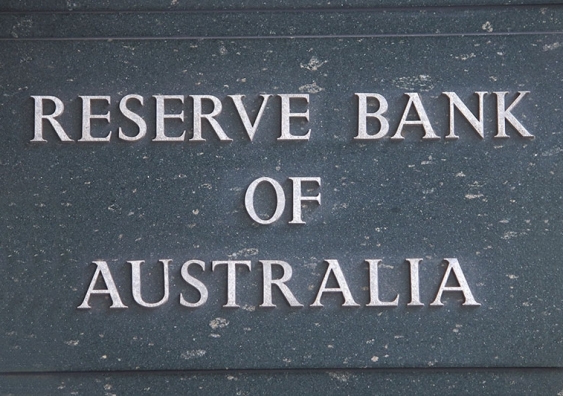RBA cuts rates, on the day of the 2016 Budget
Subdued growth and deflation are behind the Reserve Bank's unusual Budget day interest rate cut, says Tim Harcourt, the J.W. Nevile Fellow in Economics at UNSW.
Subdued growth and deflation are behind the Reserve Bank's unusual Budget day interest rate cut, says Tim Harcourt, the J.W. Nevile Fellow in Economics at UNSW.

OPINION: Subdued growth and deflation are behind the Reserve Bank's unusual budget day interest rate cut, says Tim Harcourt, the J.W. Nevile Fellow in Economics at UNSW.
The Reserve Bank of Australia has cut the cash rate to a record low of 1.75%. It says this is in a bid to head off falling prices and an economic downturn.
“It is highly unusual to have a budget day interest rate cut,” says Harcourt. “Whilst the RBA is fiercely independent, the bank would be aware of the federal government’s fiscal tightrope of avoiding austerity in a depressed world economy and not wanting to overdo spending commitments that would be fiscally irresponsible.”
The cut is the first in a year, and comes less than a week after a drop in core inflation takes the annual rate to 1.3%, well below the central bank's 2% to 3% target band.
The lower rates should also be passed on by the banks, he argues. “After all, the banks are under pressure for a Royal Commission and increased ASIC surveillance.”
The interest rate reduction to historically low levels coincided with the federal government's third budget, in which Treasurer Scott Morrison announced mildly stimulatory initiatives despite pressure to narrow the deficit.
“All of this is happening just before a double dissolution election,” says Harcourt. “This is not the first time the RBA has moved rates in an election campaign under Glenn Stevens' Governorship. Stevens lifted rates in the 2007 election – much to the annoyance of incumbent Prime Minister John Howard – who was facing a juggernaut in the form of Kevin Rudd in the Kevin-07 campaign.”